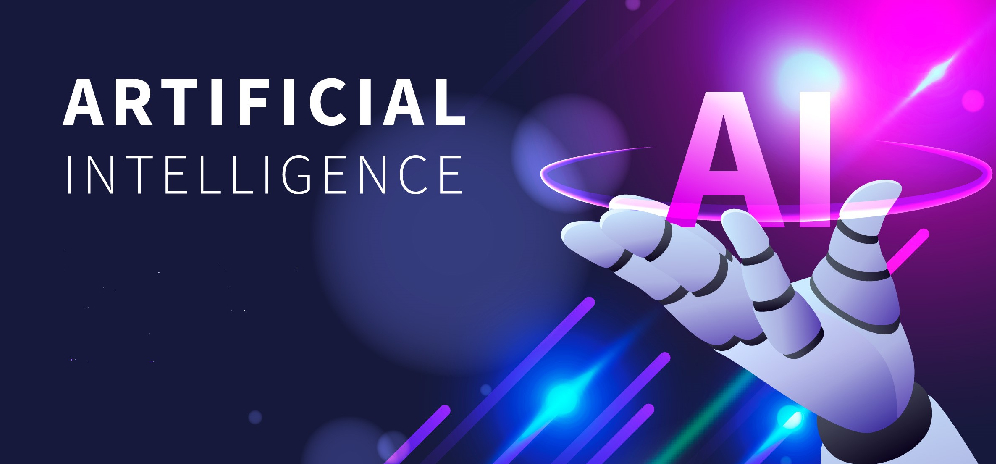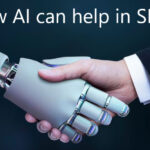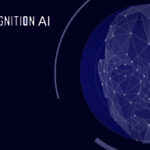
In recent years, artificial intelligence (AI) has made remarkable strides, transforming industries and revolutionizing the way we live and work. One of the most fascinating and promising aspects of AI is its ability to adapt and learn from data and experiences, leading to the emergence of adaptive AI systems. These intelligent systems possess the capacity to evolve, improve, and optimize their performance over time. In this blog post, we will delve into the concept of adaptive AI, its applications, and the potential it holds for the future.
Understanding Adaptive AI
Adaptive AI refers to the capability of an AI system to learn, adjust, and adapt its behavior based on new data, changing circumstances, or evolving goals. It goes beyond traditional AI approaches that are static and fixed, allowing for dynamic and flexible decision-making. Adaptive AI systems possess the ability to autonomously analyze, interpret, and integrate new information, leading to continuous improvement in performance and outcomes.
Key Characteristics of Adaptive AI
- Learning and Self-improvement: Adaptive AI systems employ advanced machine learning techniques, such as deep learning and reinforcement learning, to continuously learn from vast amounts of data. They can identify patterns, extract insights, and refine their models to enhance their decision-making capabilities.
- Context Awareness: Adaptive AI systems excel at understanding and adapting to the context in which they operate. They consider factors such as user preferences, environmental conditions, historical data, and real-time inputs to make informed decisions and recommendations.
- Flexibility and Versatility: Adaptive AI systems can handle dynamic situations and adapt to changing requirements. They are not limited to a fixed set of rules or pre-defined scenarios, enabling them to provide personalized experiences and responses to individual users.
- Scalability: Adaptive AI systems can scale and handle large-scale datasets efficiently. They can process and analyze vast amounts of information in real time, ensuring that their models remain up-to-date and accurate.
Applications of Adaptive AI
- Personalized Recommendations: Adaptive AI powers recommendation systems in various domains, such as e-commerce, streaming services, and content platforms. By analyzing user behavior, preferences, and feedback, adaptive AI can suggest personalized products, movies, music, or articles, enhancing user engagement and satisfaction.
- Intelligent Assistants: Adaptive AI enables virtual assistants like Siri, Alexa, and Google Assistant to understand and respond to user queries and commands effectively. These assistants continually learn from user interactions to improve speech recognition, natural language processing, and contextual understanding.
- Autonomous Vehicles: Adaptive AI plays a crucial role in self-driving cars by enabling them to adapt to changing traffic conditions, weather, and unexpected events. These vehicles learn from real-time sensor data and make intelligent decisions, ensuring passenger safety and optimizing driving efficiency.
- Healthcare and Diagnostics: Adaptive AI has significant potential in healthcare. It can learn from medical records, research papers, and patient data to assist in disease diagnosis, treatment planning, and drug discovery. Adaptive AI systems can also adapt to individual patient needs and provide personalized care recommendations.
- Fraud Detection: Adaptive AI helps financial institutions in detecting and preventing fraud by analyzing patterns and anomalies in large volumes of financial transactions. By continuously learning from new data and evolving fraud techniques, adaptive AI systems can enhance detection accuracy and reduce false positives.
The Future of Adaptive AI
As technology advances, the potential for adaptive AI continues to expand. Here are a few possibilities for the future:
- Enhanced Personalization: Adaptive AI will deliver even more tailored experiences, understanding and anticipating individual preferences, needs, and desires.
- Autonomous Decision-Making: Adaptive AI systems will become increasingly capable of making complex decisions autonomously, leading to advancements in fields like robotics, supply chain management, and logistics.
- Collaborative Learning: Adaptive AI systems will be able to collaborate and learn from each other, sharing knowledge and experiences to accelerate their learning process. This collective intelligence will lead to more robust and accurate AI models.
- Ethical Adaptation: As adaptive AI becomes more prevalent, ensuring ethical behavior will be crucial. AI systems will need to adapt not only to data and circumstances but also to ethical guidelines and principles, fostering responsible and accountable decision-making.
- Real-time Adaptation: Adaptive AI will evolve to adapt in real-time, making split-second decisions based on dynamic and ever-changing environments. This capability will be particularly important in critical scenarios like emergency response systems or cybersecurity.
Challenges and Considerations
While adaptive AI holds immense promise, there are certain challenges and considerations that need to be addressed:
- Data Bias: Adaptive AI systems learn from historical data, which may contain biases. It is essential to monitor and mitigate biases to ensure fair and unbiased decision-making.
- Transparency and Explainability: Adaptive AI models can become complex and opaque, making it challenging to understand and interpret their decision-making process. Ensuring transparency and explainability will be crucial for building trust and accountability.
- Data Privacy and Security: Adaptive AI systems rely on vast amounts of data, raising concerns about privacy and security. Safeguarding sensitive data and complying with regulations will be essential to maintain user trust.
- Ethical Dilemmas: These systems may encounter ethical dilemmas where they have to make decisions that involve trade-offs or conflicting values. Establishing ethical frameworks and guidelines will help navigate these dilemmas responsibly.
Conclusion
Adaptive AI represents a significant step forward in the realm of artificial intelligence. Its ability to learn, adapt, and improve over time enables intelligent systems to tackle complex challenges, provide personalized experiences, and make autonomous decisions. From personalized recommendations to autonomous vehicles and healthcare diagnostics, adaptive AI has the potential to revolutionize various industries and enhance our daily lives. However, it is crucial to address challenges such as data bias, transparency, privacy, and ethical considerations to ensure that adaptive AI systems are developed and deployed responsibly. With ongoing advancements, adaptive AI will continue to shape the future, empowering us with intelligent systems that can evolve and thrive in an ever-changing world.













































Recent Comments